Sweet, blinding light
shimmering through the night.
The one that paints the colors in my dreams
and casts shadows on that bottomless ravine.
Sweet, blinding light
haunting me in the night.
The one that I could never be,
not unless I was free.
Sweet, blinding light,
fading away into the night.
The one that fails to illuminate their crimes,
despite our never-ending cries.
What happened to my sweet, blinding light?
The one that brought us out of the night?
Why did it lead us down to that shadowy place
when we longed for its warm embrace?
Did we even follow the light at all,
or were we blinded by our own falls?
Is light something that we see with our eyes,
or something that we create inside?
Sweet, blinding light
trying to guide us through the night.
The one that we continue to ignore,
our bodies weathered by that dreadful storm.
Why do we turn away from the sweet, blinding light?
The one that wants to help us out of the night?
Would a ship turn towards the shore,
or wander back into the storm?
Sweet, blinding light
dying in the night.
The one that flickers away from us
as we crumble to dust.
Did we even see the light at all,
or were we blinded by our own walls?
Are those clouds too dark for light to shine through,
or do we need to look from another point of view?
Stale, bitter night
with no end in sight.
The one that devoured the sun
and cackled at everyone.
Did we do anything to deserve this hell,
or does the darkness just want to quell?
Is life a stupid game we play,
or is there a reason to this never-ending rain?
I used to radiate confidence,
but all I endured acted like a succubus,
raping me of my joy and light.
Why should I even fight?
Sucking in my last breath,
I dip my head under, welcoming death.
But as my lungs start to burn,
something within yearns.
A thought takes shape,
causing me to shake:
What if light didn't flee?
What if it's inside me?
A burning energy radiates from the center of my mind.
Why did I ever keep it confined?
It illuminates the darkness around me -
of those shackles I am now free.
I am still surrounded by the bitter night,
but if there's nothing else, I must be the light.
Like the sun shining in the darkness of space,
I know my place.
Sweet, blinding light
beaming through the night.
The one that was always inside me -
all I needed to do was see.
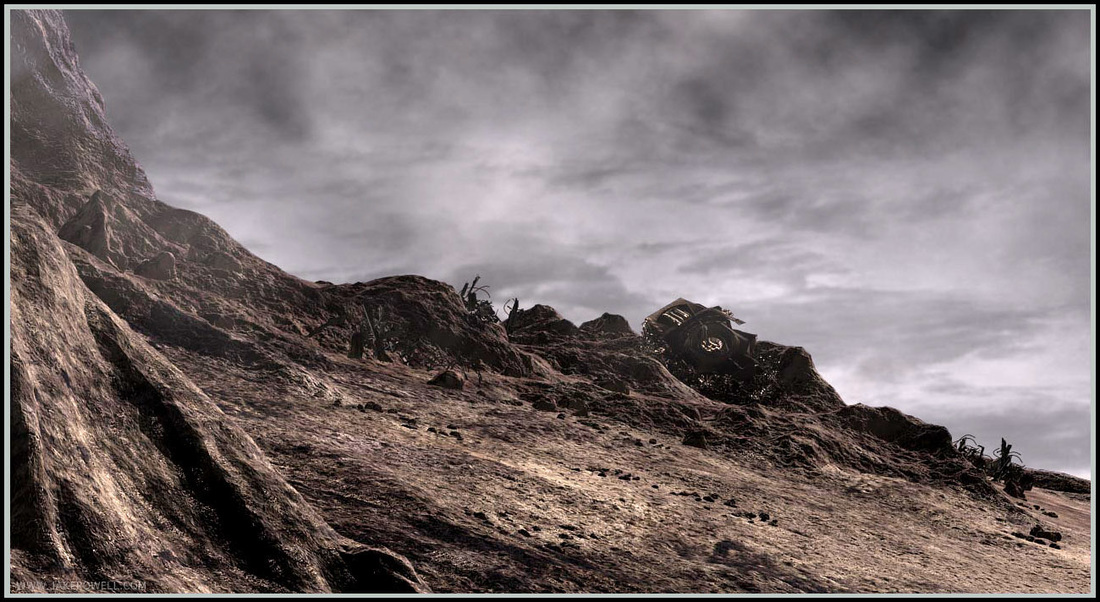
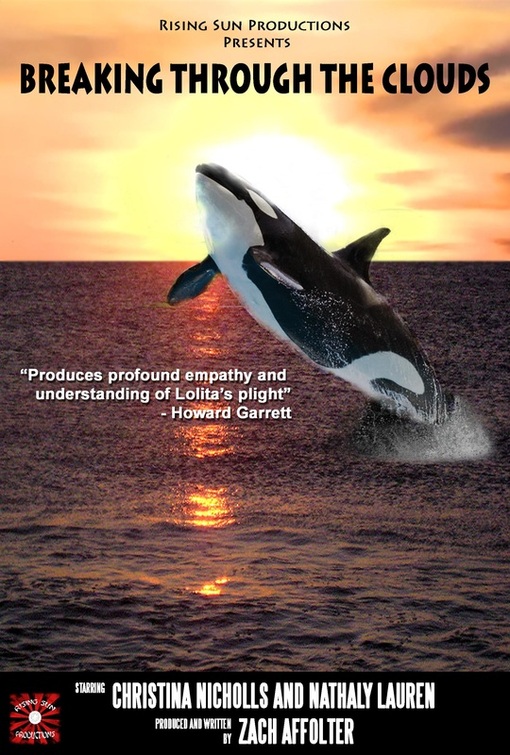
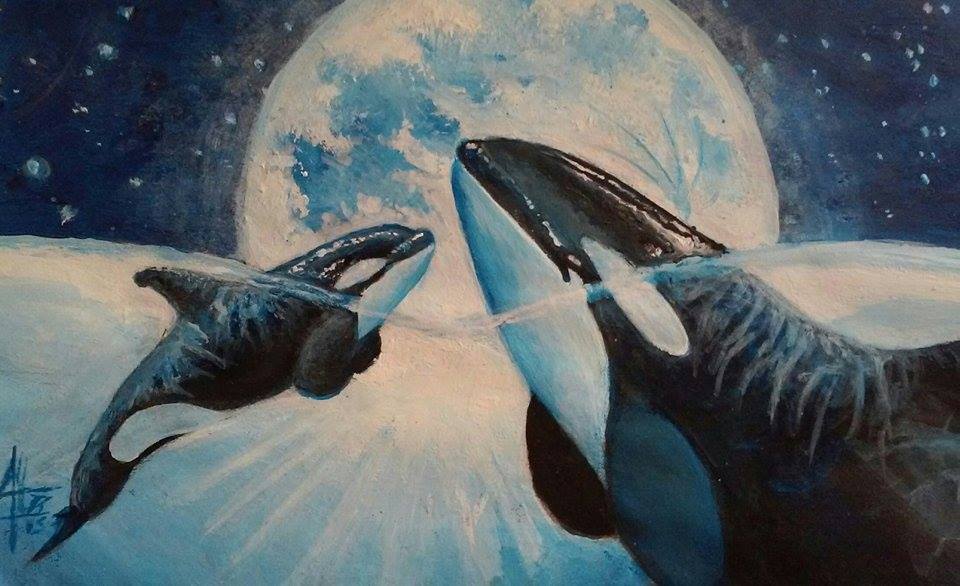
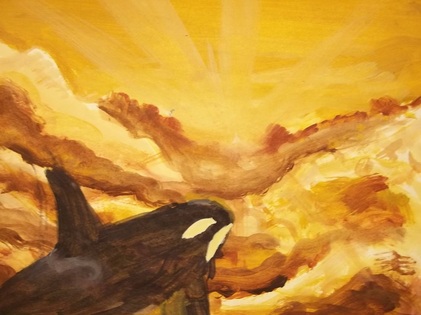
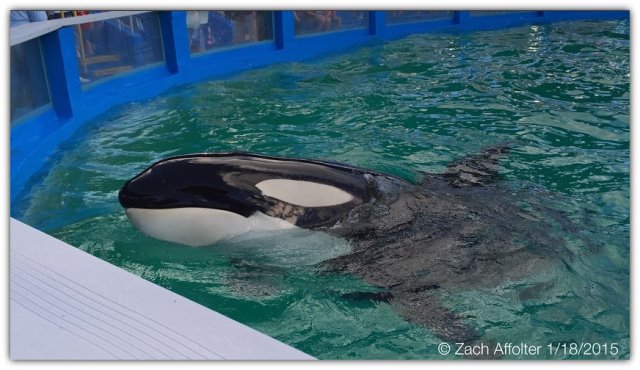
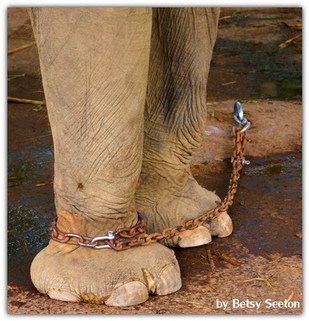
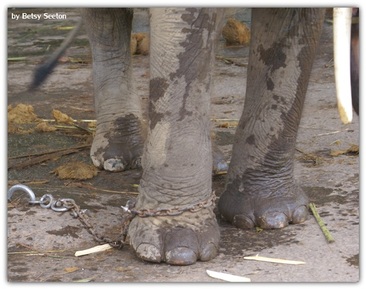
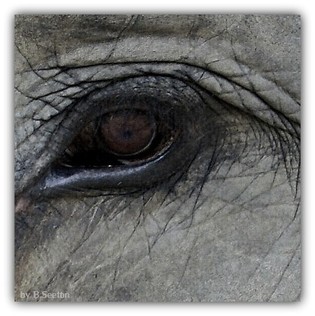
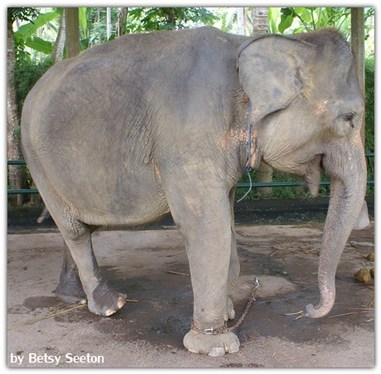
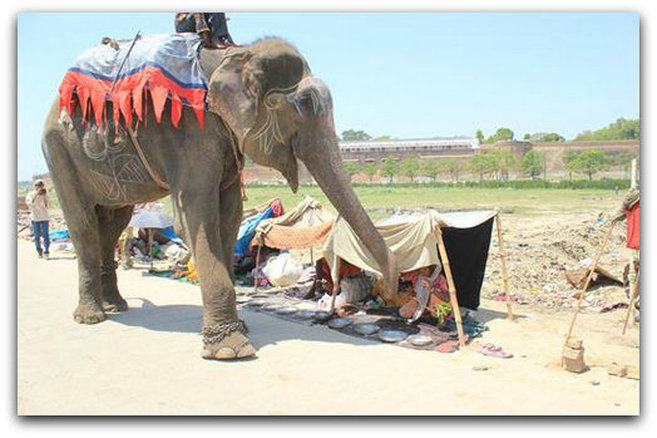
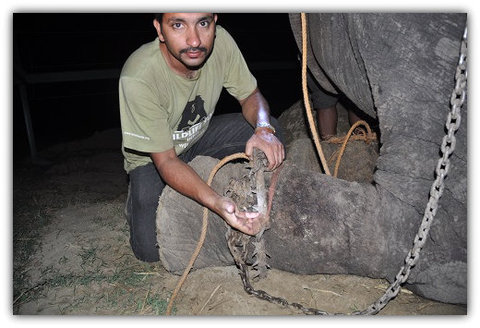
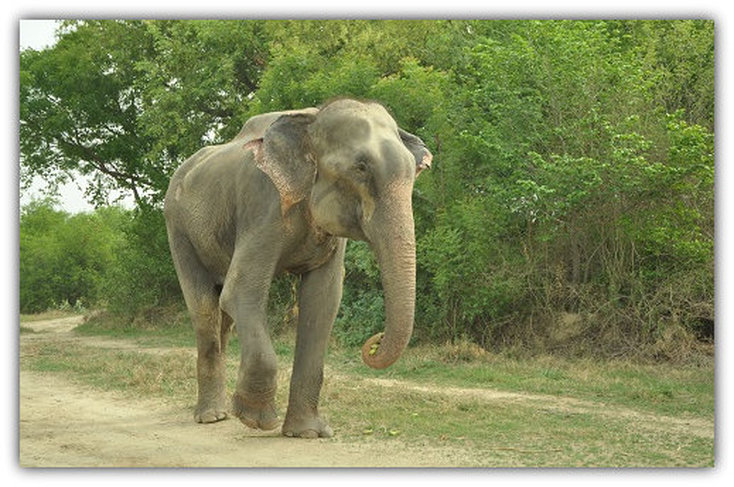
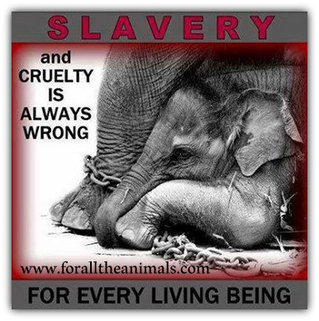
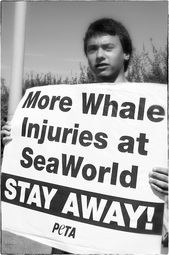
 RSS Feed
RSS Feed
